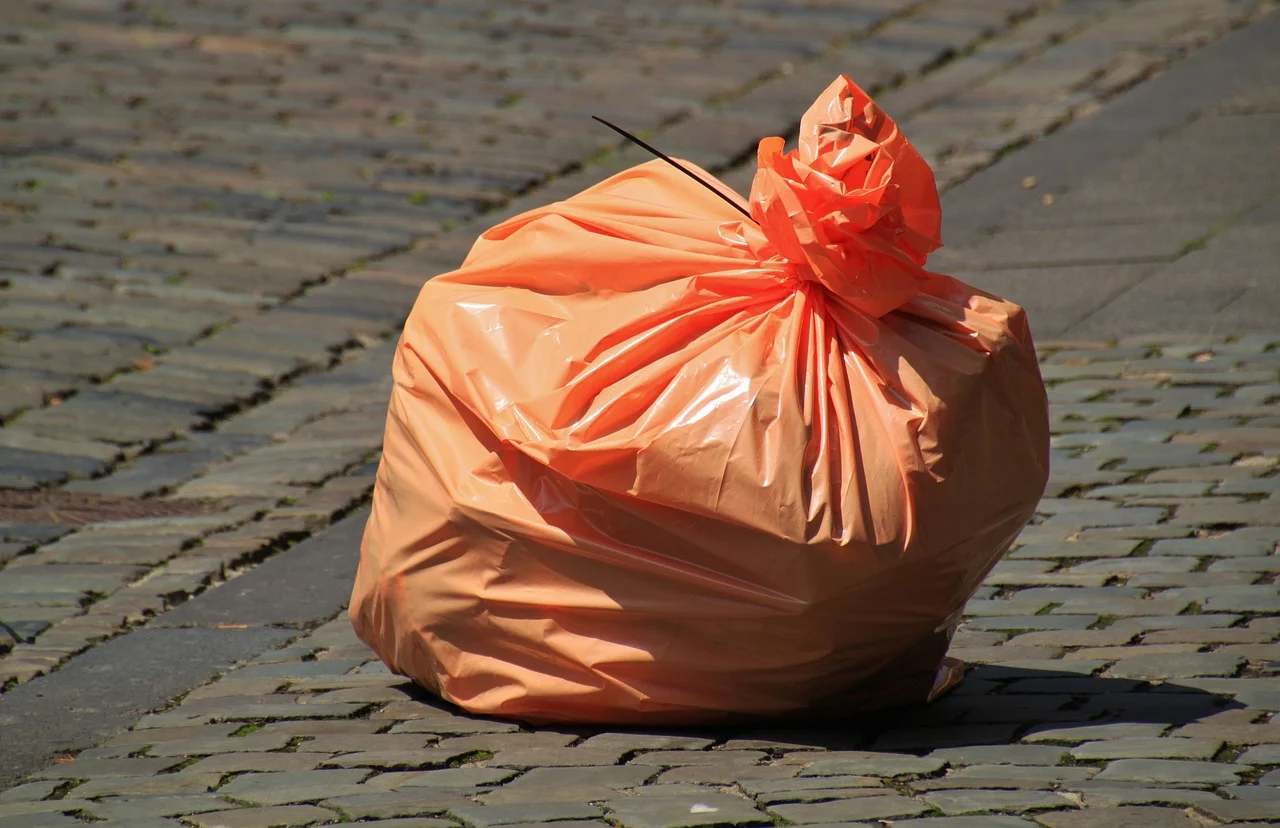In newsResearchers from Department of Material Engineering, Indian Institute of Science, Bengaluru (IISc) have found a way to make a substitute for single-use plastic that can, in principle help mitigate the problem of accumulating plastic waste in the environment.
Issue
- According to a report by Central Pollution Control Board of India, for the year 2018-2019, 3.3 million metric tonnes of plastic waste are generated by Indians.
- The bad news is that this may well be an under-estimation of the problem. Another alarming statistic is that of all the plastic waste produced in the world, 79% enters the environment.
- Only 9% of all plastic waste is recycled.
- Accumulation of plastic waste is detrimental to the environment and when this waste finds its way into the sea, there can be major harm to aquatic ecosystems, too.
Solution
- Scientists have, developed polymers using non-edible oil and cellulose extracted from agricultural stubble.
- These polymers can be moulded into sheets having properties suitable for making bags, cutlery or containers.
- The material so made is bio-degradable, leak-proof and non-toxic
Process
- Non-edible Castor oil was used in this process of making the polymer which involves allowing them to react with the cellulose and di-isocyanate compound.
- “All precursors are mixed in toluene solvent and heated at 80 degree for 8 hours.
- Then the solution mixture is poured in a teflon sheet and allowed the toluene to evaporate.
- After 12 hours, nice polyurethane sheet is obtained because of the crosslink between the functional groups present in the precursors.
- The sheets are then moulded in compression moulding to make the articles such as a bag or pieces of cutlery.
Source: The Hindu





